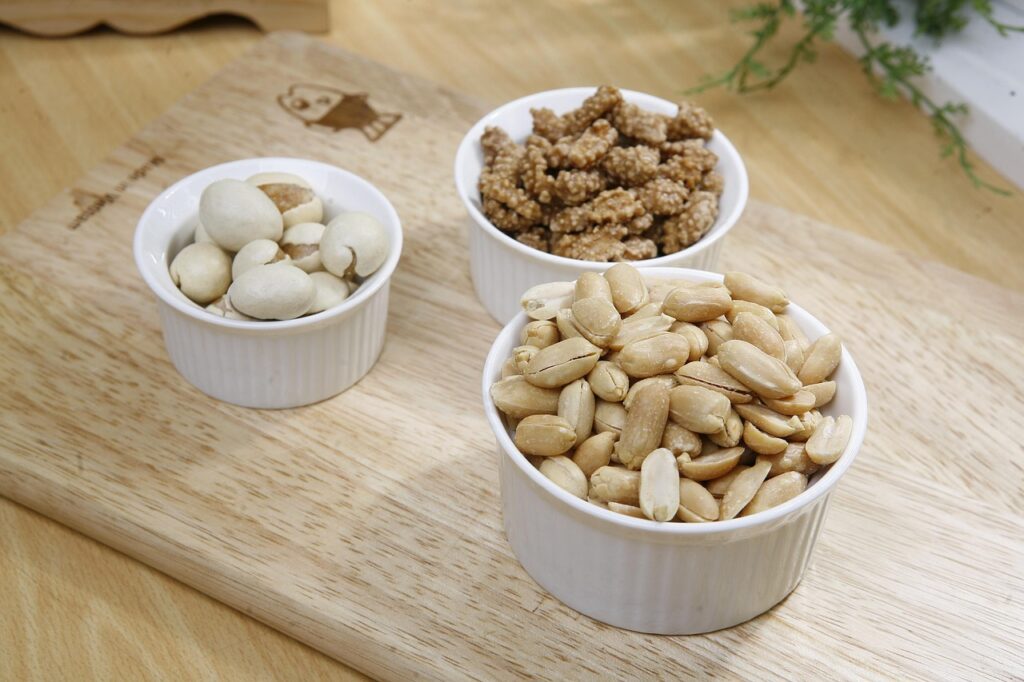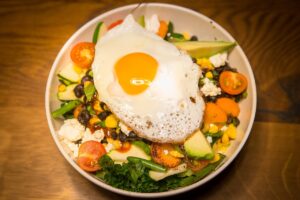
Raising a toddler involves a delicate balance between ensuring they receive the necessary nutrients for growth and development, and catering to their often unpredictable taste preferences. Snack time is an important opportunity to introduce healthy foods that can fuel their energy, support their development, and cultivate lifelong healthy eating habits. In this article, we will explore some of the top nutritious snacks that will keep your toddler happy and healthy.
Importance of Nutritious Snacks for Toddlers
Snacks are not just fillers between meals; they are vital components of a toddler’s diet. Their small stomachs mean they cannot consume large quantities in one sitting, making snacks essential for meeting their daily nutritional needs. Nutritious snacks provide essential vitamins, minerals, and energy, contributing to their physical and cognitive development. Additionally, offering a variety of healthy snacks helps toddlers develop a palate for a broad range of foods, encouraging them to make healthier food choices as they grow.
Characteristics of a Good Toddler Snack
When selecting snacks for toddlers, it’s crucial to consider both nutritional content and safety. Here are some characteristics to keep in mind:
- Nutrient-Dense: Snacks should provide essential nutrients like protein, fiber, vitamins, and minerals.
- Low in Sugar and Sodium: Avoid snacks with added sugars and high sodium content to prevent unhealthy habits and potential health issues.
- Safe Texture and Size: Choose snacks that are easy to chew and swallow, reducing choking hazards.
- Allergen Awareness: Be mindful of common allergens and introduce new foods gradually, observing any allergic reactions.
Top Nutritious Snack Options for Toddlers
Fruits and Vegetables
Fruits and vegetables are natural sources of vitamins, minerals, and fiber, making them ideal snacks for toddlers. Here are some toddler-friendly options:
- Banana Slices: Easy to digest and rich in potassium and vitamin C.
- Apple Slices (peeled): Provide fiber and vitamin C; serve with a thin spread of peanut butter for added protein.
- Carrot Sticks: Excellent source of beta-carotene; steam them slightly for easier chewing.
- Blueberries: Packed with antioxidants and easy to handle; make sure they are small to prevent choking.
Dairy Products
Dairy products are rich in calcium and protein, essential for bone development. Consider these options:
- Yogurt: Choose plain, unsweetened yogurt and add fresh fruits for natural sweetness.
- Cottage Cheese: High in protein and versatile; mix with fruits or serve plain.
- Cheese Sticks: Convenient and easy to eat, providing calcium and protein.
Whole Grains
Whole grains offer fiber and important nutrients that support energy levels and digestive health. Consider these snack ideas:
- Whole Grain Crackers: Pair with cheese or hummus for a balanced snack.
- Oatmeal Balls: Combine rolled oats, a bit of honey, and nut butter to make easy-to-eat energy bites.
- Mini Whole Wheat Muffins: Make with less sugar and added fruits or vegetables for extra nutrition.
Protein-Packed Snacks
Proteins are crucial for tissue repair and muscle growth. Here are some protein-rich snacks:
- Hard-Boiled Eggs: Simple and nutrient-dense, offering high-quality protein and essential vitamins.
- Hummus and Veggies: Hummus provides plant-based protein; serve with carrot sticks or cucumber slices.
- Nut Butter on Whole Grain Bread: Offers healthy fats and protein; ensure nut butters are smooth to prevent choking.
Creative Snack Ideas to Keep Toddlers Interested
Keeping toddlers engaged with their snacks can sometimes be challenging. Here are some creative ways to make snack time more appealing:
- Food Faces: Use fruits and vegetables to create fun faces on a plate. Involve your toddler in the process to make it a fun activity.
- Colorful Skewers: Assemble small pieces of fruits, cheese, and vegetables on a stick to create a visually appealing snack.
- Mini Snack Platters: Offer a variety of small portions of different foods to encourage exploration and choice.
Balancing Convenience and Nutrition
In today’s busy world, convenience is key for parents. However, it’s important to balance convenience with nutrition. Here are some tips:
- Prep Ahead: Wash and cut fruits and vegetables in advance for easy access.
- Portion Control: Use small containers to pre-portion snacks, making it easy to grab and go.
- Smart Shopping: Choose snacks that are minimally processed and check labels for added sugars and sodium.
Conclusion: Setting the Foundation for Healthy Eating
Providing nutritious snacks is a cornerstone of fostering healthy eating habits in toddlers. By offering a variety of fruits, vegetables, whole grains, dairy, and protein-rich foods, parents can ensure their toddlers receive the essential nutrients they need for growth and development. Remember, snack time is also an opportunity to introduce new foods and flavors, helping toddlers develop a balanced and adventurous palate. By prioritizing nutrition and creativity, parents can make snack time a joyful and healthy experience for their little ones.
Every toddler is unique, and their preferences may vary. Therefore, it’s essential to be patient and persistent in offering healthy options. Over time, these efforts will lay the groundwork for lifelong healthy eating habits, contributing to the overall well-being and happiness of your child.
#ChatGPT assisted in the creation of this article.







